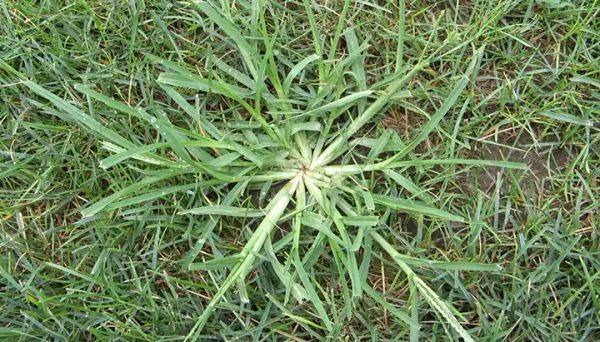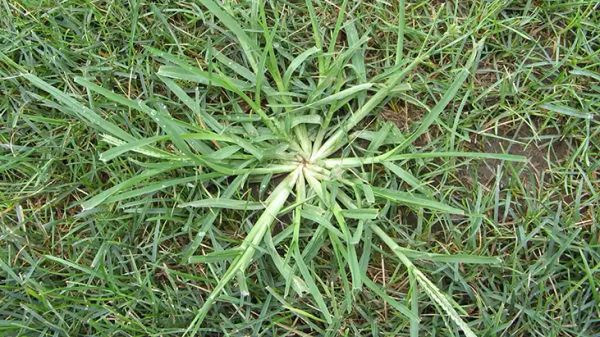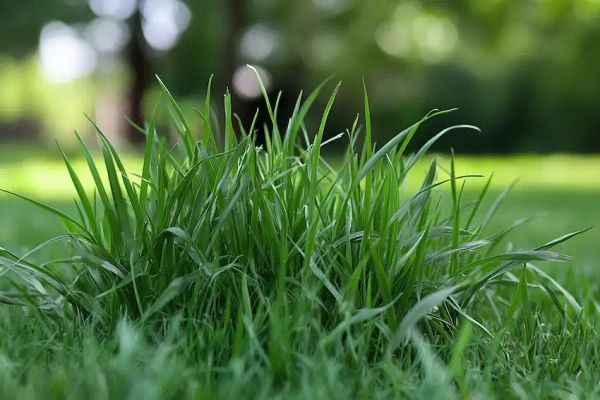Did you know that goose grass, also known as cleavers or Galium aparine, is not just an ordinary weed? This ubiquitous plant can actually be a valuable addition to your herbal remedy repertoire due to its cleansing properties and ability to treat various ailments. Join us in exploring how to prepare and use goose grass for your health needs.
1. Identification and Harvesting
Identifying Goose Grass: Goose grass can be easily recognized by its slender, elongated stems, small greenish-white flowers, and tiny hook-like hairs that cling to clothing and animal fur. For more detailed identification tips, check out our guide on how to identify goose grass.
Best Time to Harvest: The best time to gather goose grass is during spring when the shoots are young and tender, before it flowers.
2. Preparation for Medicinal Use
Cleaning and Drying: Thoroughly wash the goose grass to remove dirt and debris. You can use it fresh or dry it for later use. To dry, hang bunches in a well-ventilated area away from direct sunlight.
Making Goose Grass Tea: For a detoxifying tea, steep 2 teaspoons of dried goose grass in boiling water for 10 minutes. Strain and drink up to three times daily to promote lymphatic drainage and purify the blood. Learn more about how to prepare fresh natural herbal goose grass tea.
3. Therapeutic Uses
Skin Irritations and Wounds: Crush fresh leaves and apply them directly to the affected area to reduce inflammation and speed up healing. It’s an excellent poultice for treating skin irritations, eczema, and minor wounds.
Kidney Health: Goose grass is a potent diuretic, making it useful for flushing out toxins through the kidneys. Regular consumption of goose grass tea can help prevent kidney stones and relieve urinary tract infections.
Lymphatic System Support: Goose grass has lymphatic cleansing properties, making it excellent for reducing lymphatic swelling and enhancing overall immune function.
4. Additional Benefits
Weight Loss: Goose grass tea is believed to boost metabolism and assist in weight management efforts due to its diuretic properties.
Hair Rinse: The silica content in goose grass can strengthen hair. Use a decoction of goose grass as a final hair rinse to promote hair health and add shine.
5. Cautions and Considerations
Allergy Alert: Some people may be allergic to goose grass. It’s important to test a small amount on the skin before applying it extensively.
Consult a Healthcare Provider: While goose grass is safe for most people, it’s wise to consult with a healthcare provider before starting any new treatment, especially for those with pre-existing conditions or those taking medications.
A Versatile Natural Healer

Goose grass is more than just a common weed; it’s a potent medicinal plant that offers a wide range of health benefits. From promoting kidney health to soothing skin ailments and supporting the lymphatic system, this humble plant has much to offer. By understanding how to properly prepare and use goose grass, you can tap into its natural healing power and add an effective tool to your health and wellness toolkit.





